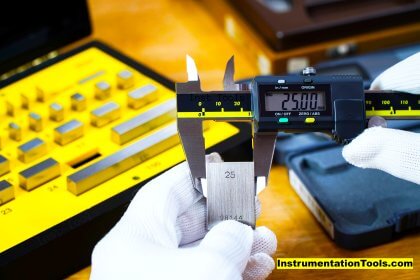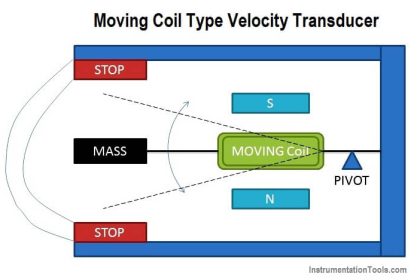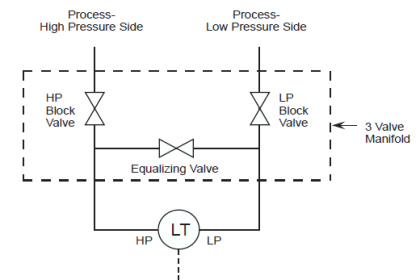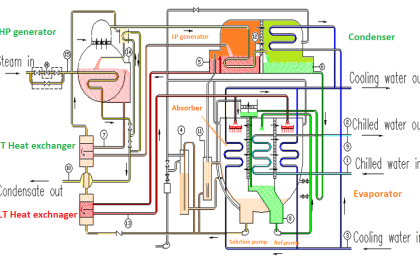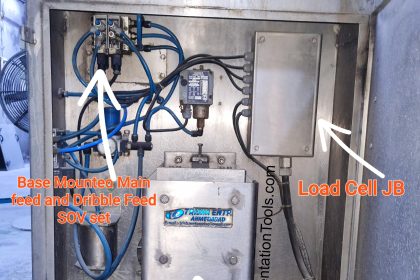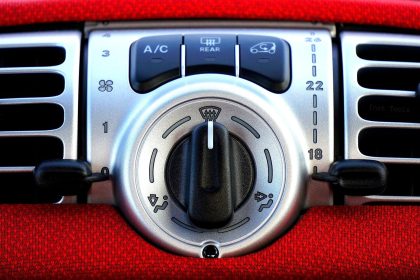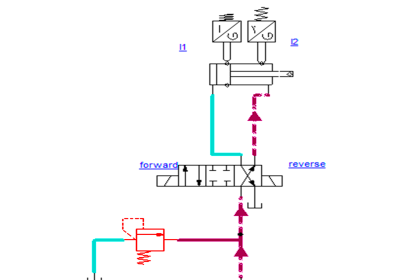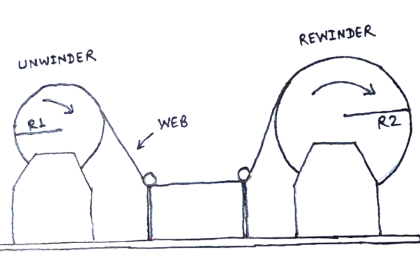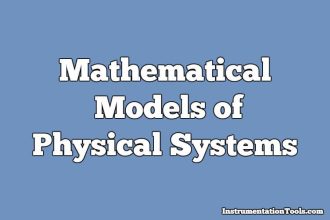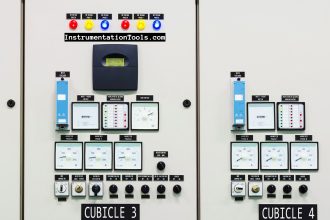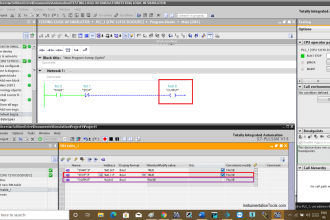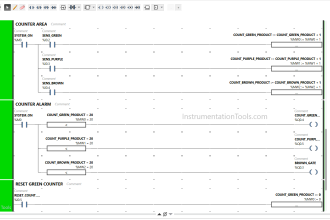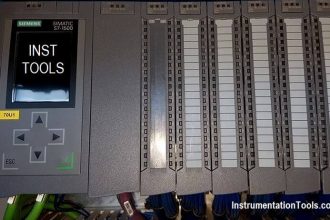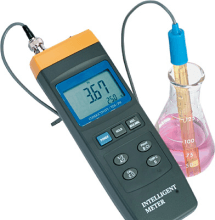As HVAC system engineer, one has to keep an eye on all factors and areas that can decrease the efficiency of system or increase downtime or HVAC system unavailability or increase the maintenance cost of heating, ventilation and air-conditioning system. The responsibility starts from very beginning, when you decide to install HVAC system and start working on it in any way.
Following are the tips for smooth, trouble free and economical operation/working of hvac system.
- Start your working from the very early stages of hvac system selection, procurement and tendering. Don’t ignore all these pre-installation steps as it would become difficult at later stages to alter any pre-done work. Complete your home work in selection of type of chillers you are going to install for your building or space or for other purposes. Consult HVAC experts for getting pros and cons of different types of chillers and select the one which suits your resources and priorities. Then select the renowned and reliable manufacturer for purchasing the hvac system components. Get involved in tenders to ensure transparency in whole process.
- HVAC Installation is very important phase for hvac engineers. Include all essential items and accessories in hvac contract BOQ and monitor the activities of HVAC contactor so that all goes in accordance with boq or terms and conditions written while awarding contract. Ensure that all installation is carried out in accordance with drawings and all components meet the specifications mentioned in BOQ. Your saving at any stage could lead you to spend more in later stages. Never compromise the material of all items being installed in HVAC system. Low quality material would finally take you to problems in coming days/years. Commissioning is as important as its installation so adhere to commissioning procedures at all times and don’t ignore any thing in courtesy.
- Training of hvac personnel is very important in operation and maintenance point of view. So include training of your personnel in contract or arrange it separately. Your expenditure on manpower training would pay back you in future so never overlook it.
- Prepare all hvac procedures related to operation and maintenance of each and every component of hvac system and implement it strictly. Adhere to maintenance program for your water chillers, air handling units, cooling towers and fan coil units .Your adherence to maintenance programs would never let you face any problem regarding the unavailability of hvac system. Always try to complete maintenance work timely in the best available resources or with the support of hvac supplier
- Adopt hvac pro-active approach regarding critical and heat transfer interfaces/surfaces or to operate HVAC system at maximum efficiency, focus on heat transfer interfaces/surfaces. In this regard condenser is most important, keep it at optimum conditions. Scaling, corrosion and high pressure in condenser would get you in trouble finally so be pro-active before your condenser lets you down. Heating and cooling coils are also equally important as these would directly affect cooling or heating in hvac spaces/zones. Get all coils cleaned and keep them in best heat transfer condition. Ensure timely maintenance of cooling towers to operate them at maximum efficiency/effectiveness.
